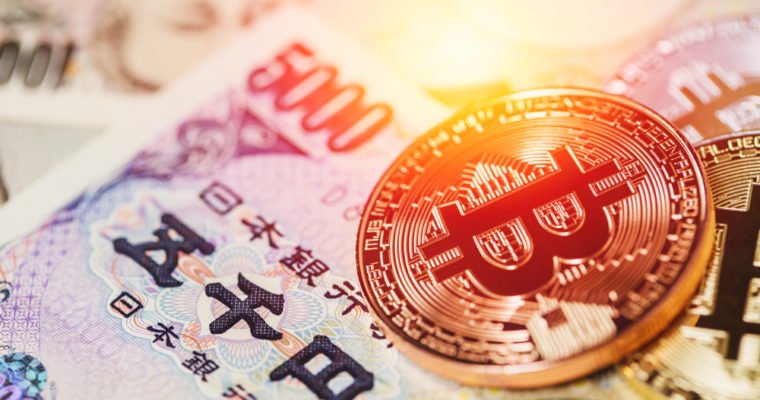The Japanese Financial Services Agency (FSA) has announced a total ban on crypto-currency with a high degree of anonymity since June 18th. Under the ban will come crypto-currencies Monero (XMR), Dash (DASH), Augur (REP) and ZCash (ZEC).
Despite the fact that anonymous crypto currencies are becoming more popular, Japan's financial regulator FSA announced a complete ban on all crypto-currencies with which anonymous transactions are possible, CoinDesk said. The ban on anonymous crypto currency will come into force on June 18, 2018.
Under the ban of the Japanese regulator, there were crypto-currencies Monero (XMR), Dash (DASH), Augur (REP) and ZCash (ZEC). Since in Japan, crypto-instruments are managed by the Japan Financial Services Agency, they will be forced to suspend trade in the aforementioned crypto-currencies.
As early as early May, it became known that the FSA is putting pressure on local crypto-exchange exchanges, demanding the withdrawal of altkones from their listings, allowing anonymous transactions and arguing that these types of crypto currency are too easy to use for criminal purposes. As a result, for example, the Coincheck exchange has announced that since June 18 it will no longer support trade in three "confidential coins", namely Monero, Dash and Zcash, as well as the virtual currency Augur.
As the main reason for the tightening of measures, experts call the desire of the regulator to eradicate illegal activities in the crypto environment, which has a disruptive effect on the ecosystem of the market. In April, the Japanese regulator warned about the revision of rules and procedures for registering crypto-exchange exchanges after breaking into Coincheck and inspections that revealed many flaws in the security systems of existing exchanges.
At the same time, some crypto-enthusiasts believe that the anonymity of crypto-currency has become a universal justification for any prohibitive actions of the regulator. Along with decentralized nature, immutability and interchangeability, crypto-currencies have become widespread due to anonymity and privacy. Loss of anonymity, and in some cases - pseudo-anonymity, may lead to the fact that interest in crypto-currencies will cease to grow, and many organizers of ICO-campaigns will face difficulties in finding places for listing, as crypto-instruments will be afraid of placing crypto-currency due to a ban. However, in a report published by the Foundation for the Defense of Democracy, it was found that less than 1% of bitocoins are used for illicit purposes.
Japan has long been a leader in the recognition of crypto-currencies and block, the first to accept crypto-currencies in the legal sphere and legalizing them in 2017. Now the Japanese yen (JPY) has a leading position among the currencies for trading with bitkoynom, occupying a market share of 60%. Given the country's leading position, any decision of the Japanese regulator can be followed by regulators of other countries around the world.